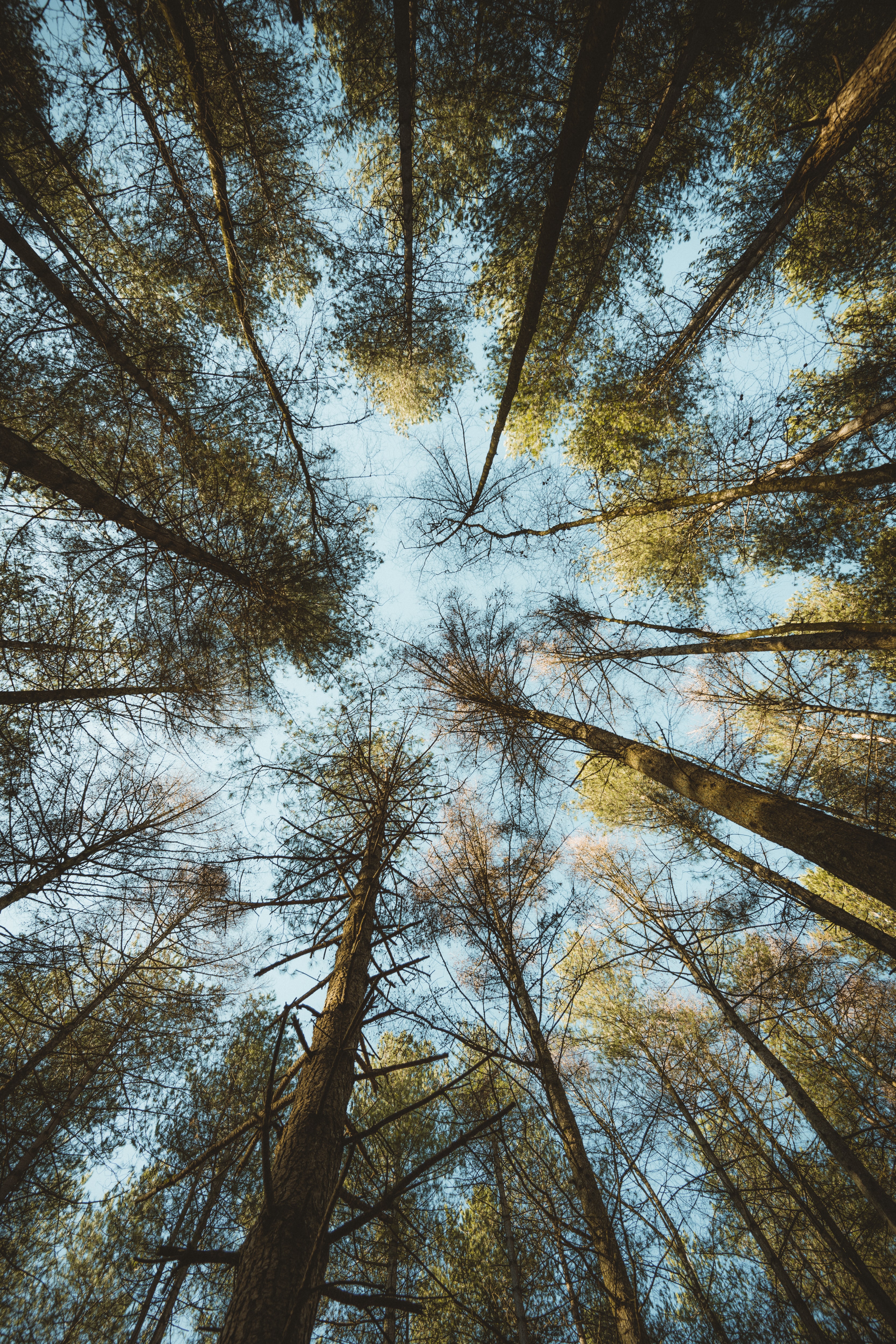
It’s hard to imagine that Sandstories was ever off the road during the pandemic restrictions because my capacity is by now almost completely booked up for the next 12 months. I’ve had so many enquiries from commissioners who are now feeling much more confident to deliver face-to-face training.
So, already, I’ve been travelling hundreds of miles around the UK and it’s been a privilege to reconnect with practitioners on the front line from across so many different agencies.
If 10 years of austerity measures had already taken its toll on the stamina and resourcefulness of the public and voluntary sector, then the impact of Covid has been the salt in the wound.
And yet, I continue to encounter extraordinary people who are digging deep to draw alongside some exceedingly vulnerable children and young people.
In addition to the delivery of Sandstories sessions, I have also been undertaking a diploma in trauma informed practice. This has been incredibly stimulating and has deepened my insight into the impact of trauma on the attachment, neurological, physical and immunological development of children.
You can be sure that I’m now weaving this additional learning into my training content.
An aspect which has perhaps taken me a bit by surprise is biophilia and the healing impact which the natural world can have on human beings suffering from stress and anxiety. Whilst I had a vague idea that it was good to get outside into the fresh air and creation, I have only recently learnt about the scientific evidence of the hormonal stimulation this provides in the human brain and body.
It’s amazing!
Here’s a quote from a book called The Biophilia Effect by Clemens G Arvay:
“Plants communicate directly with our immune system and unconscious without us even needing to touch, much less swallow, them. The fascinating interaction between human and plant is hugely significant for medicine and psychotherapy and is just starting to be understood by science. It keeps us physically and mentally healthy and prevents illness. In the future, contact with plants has to play an important role in treating physical illness and mental disorders. There simply must not be clinics without a garden or access to a meadow and forest, no new neighbourhoods without vegetation, and no cities without wilderness.
Plants heal without having to be processed into teas, creams, essences, extracts, oils, perfumes, or drops and tablets. They heal us through biological communication that our immune system and unconscious understand.”
I serve as a governor in a special SEMH (social, emotional, mental health) high school where the introduction of “forest school”, encourages the learners to spend time outside doing adventurous things such as lighting campfires and building structures. It’s hugely popular with some very traumatised teenagers.
The school is going a step further by introducing an indoor woodland within what is otherwise a very barren and unused atrium at the centre of the school building. It’s a huge project to undertake, but we have a dream of having real, living trees and plant life woven into the very fabric of the school!
Bringing this back to Sandstories, there have been so many times that participants of the training have commented to me that the heuristic materials I use make them feel calm, as they walk into the room and see the natural materials and colour tones of my storytelling resources.
This is a very small and simple example of the power of biophilia.
Photo by Annie Spratt on Unsplash